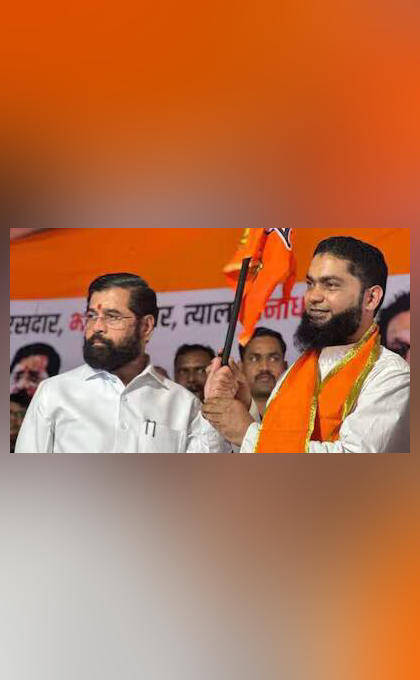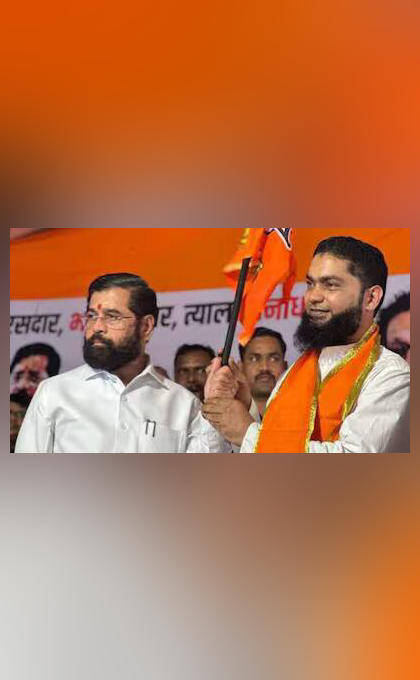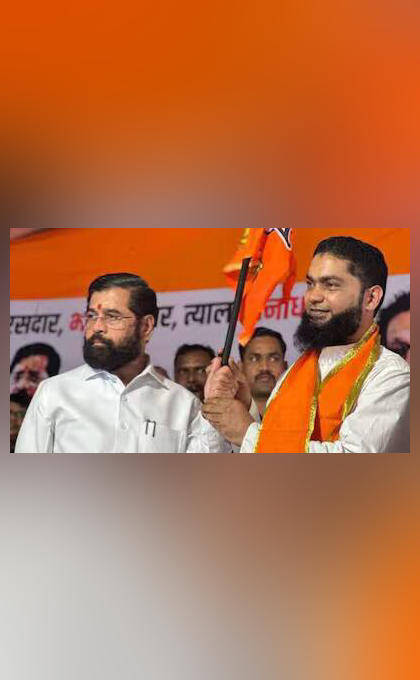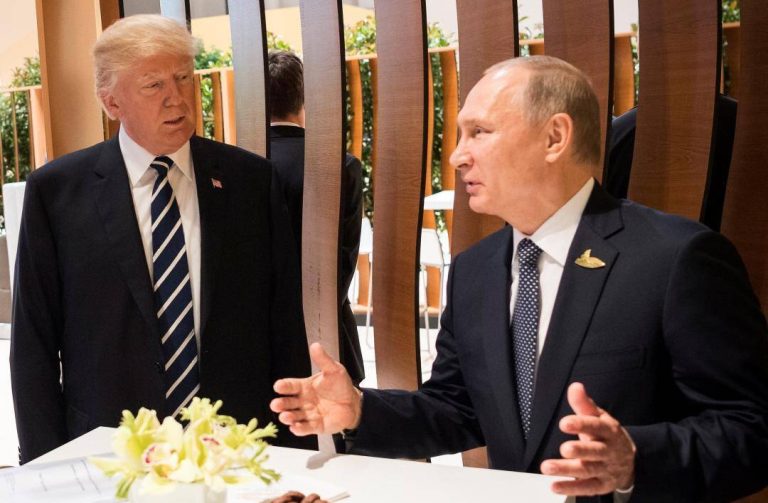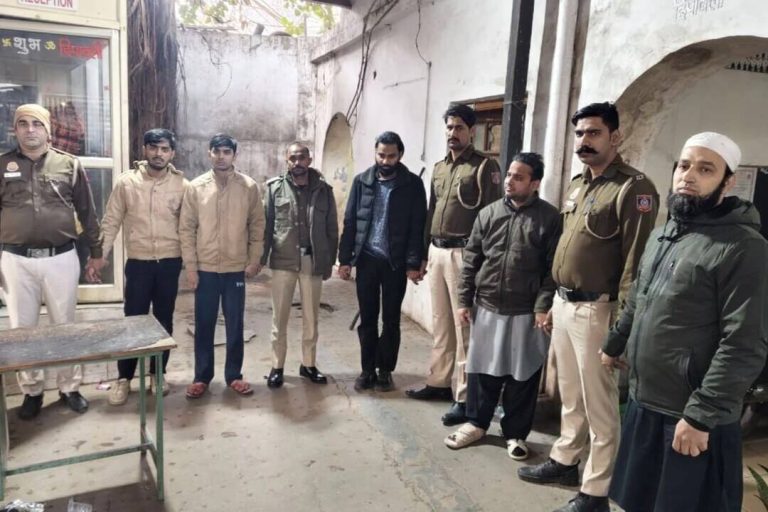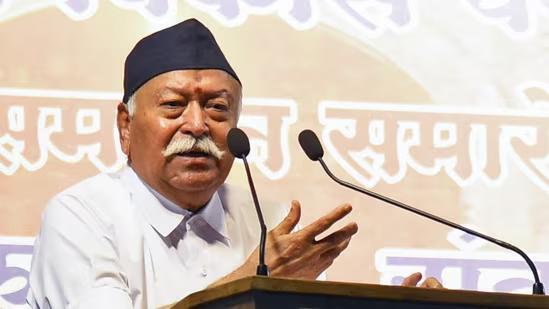
Muslims & Christians are also Hindus if they follow Indian culture: RSS chief Bhagwat
In a recent statement, Rashtriya Swayamsevak Sangh (RSS) chief Mohan Bhagwat has sparked a new debate by redefining the term “Hindu”. According to Bhagwat, anyone who takes pride in Bharat, the Indian subcontinent, is a Hindu. This statement has far-reaching implications, as it blurs the lines between different religious communities in India. In this blog post, we will delve into the details of Bhagwat’s statement and explore its significance in the context of Indian society and culture.
Bhagwat’s statement was made during a public gathering, where he emphasized that the term “Hindu” is not limited to a specific religion or community. He said, “If Muslims and Christians, even without giving up their worship, customs and traditions, worship this country, follow Indian culture…then they are Hindus.” This statement is significant, as it attempts to redefine the term “Hindu” in a more inclusive and cultural context. Bhagwat’s definition of Hinduism is no longer limited to a specific set of religious beliefs or practices, but rather encompasses a broader sense of identity and belonging.
The RSS chief’s statement has been met with both praise and criticism. Some have welcomed his attempt to promote a more inclusive and secular definition of Hinduism, while others have accused him of trying to impose a particular ideology on minority communities. However, Bhagwat’s statement is not an isolated incident, but rather part of a larger narrative that has been unfolding in India over the past few years.
In recent years, there has been a growing emphasis on promoting a sense of national identity and cultural heritage in India. This has been reflected in various initiatives, such as the promotion of yoga and Ayurveda, the celebration of traditional festivals, and the emphasis on Indian languages and literature. Bhagwat’s statement can be seen as an extension of this narrative, where he is attempting to promote a sense of shared identity and culture among different communities in India.
Bhagwat also added that India does not need an official label to be a ‘Hindu Rashtra’ because its civilisation already reflects it. This statement is significant, as it suggests that the RSS chief believes that India is already a de facto Hindu nation, regardless of its official designation. This statement has sparked concerns among minority communities, who fear that such a narrative could lead to the erosion of their rights and freedoms.
The concept of a “Hindu Rashtra” has been a topic of debate in India for several years. The term refers to a Hindu nation, where Hinduism is the dominant religion and culture. While some argue that a Hindu Rashtra would promote a sense of national unity and identity, others fear that it could lead to the marginalization of minority communities.
In conclusion, Bhagwat’s statement has sparked a new debate about the meaning and significance of the term “Hindu” in India. While his attempt to promote a more inclusive and cultural definition of Hinduism is commendable, it is also important to recognize the concerns and fears of minority communities. As India continues to evolve and grow, it is essential to promote a sense of shared identity and culture that is inclusive and respectful of all communities.
Ultimately, the concept of a Hindu Rashtra is complex and multifaceted, and its implications need to be carefully considered. While Bhagwat’s statement may be seen as a positive step towards promoting a sense of national unity, it is also important to recognize the potential risks and challenges associated with such a narrative. As we move forward, it is essential to engage in open and honest dialogue about the meaning and significance of Hinduism in India, and to promote a sense of shared identity and culture that is inclusive and respectful of all communities.
